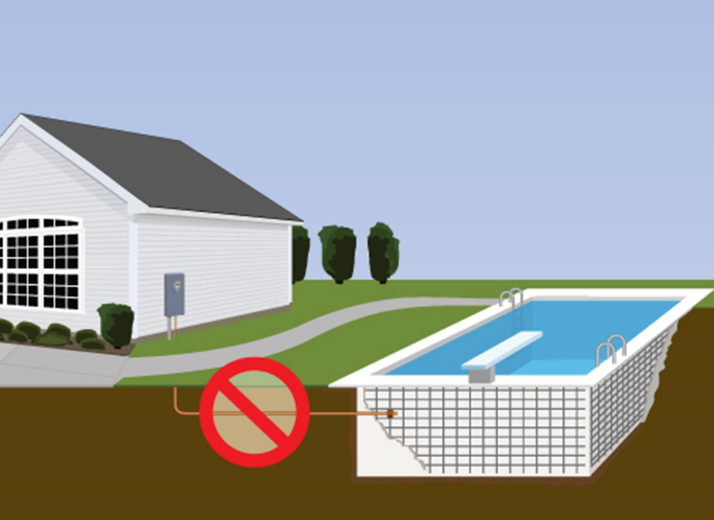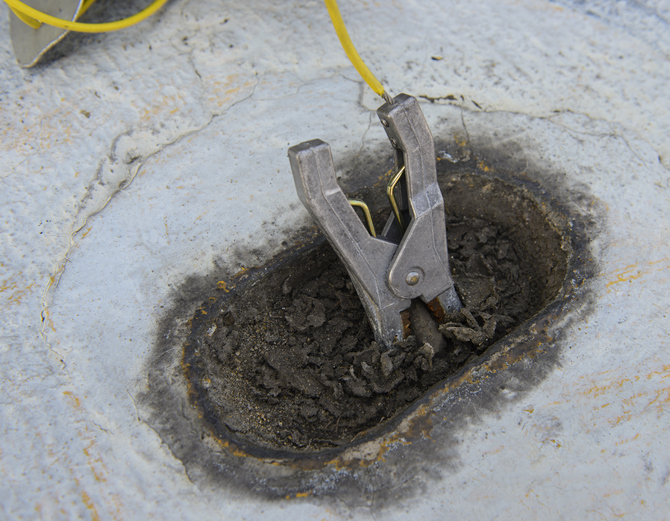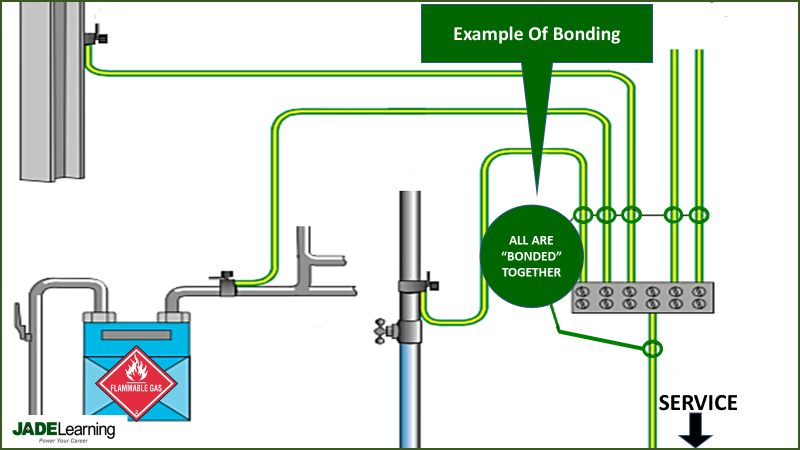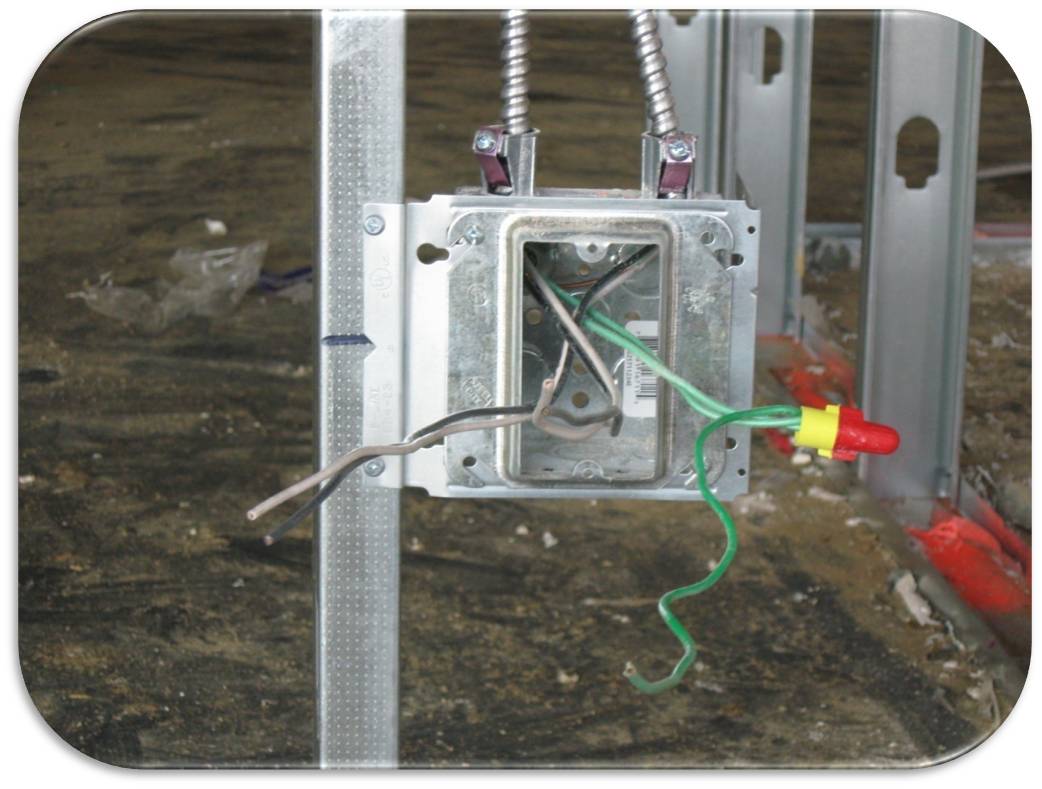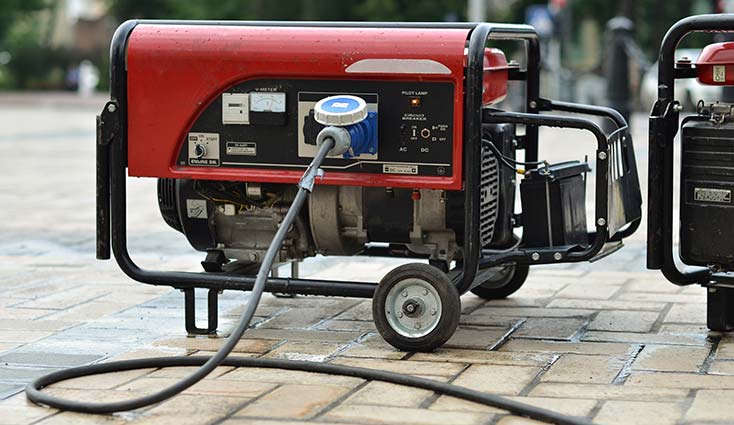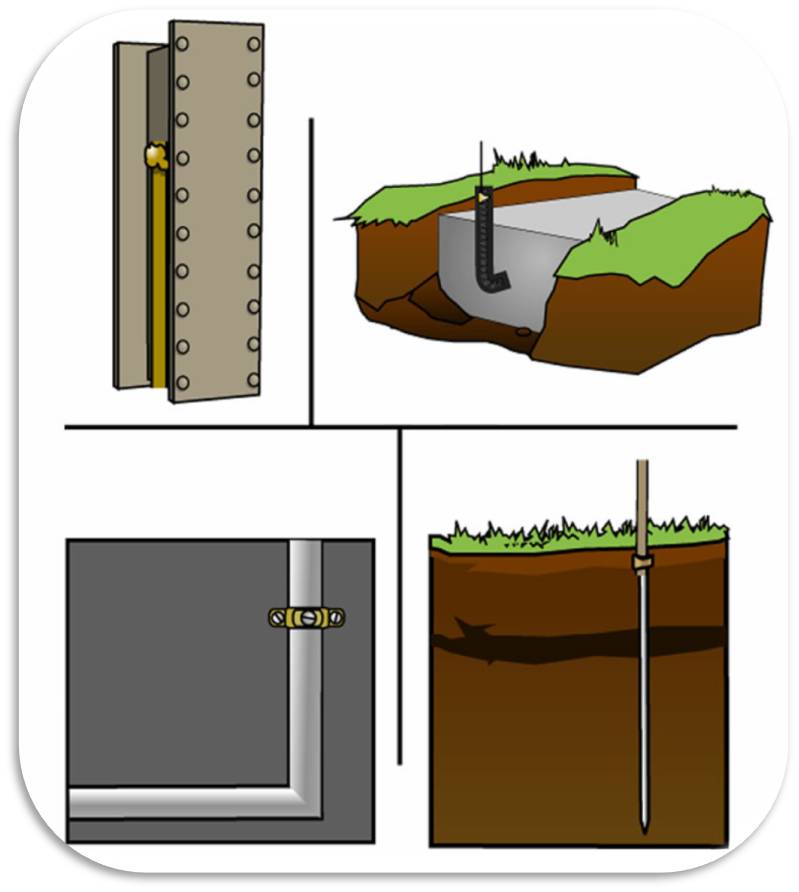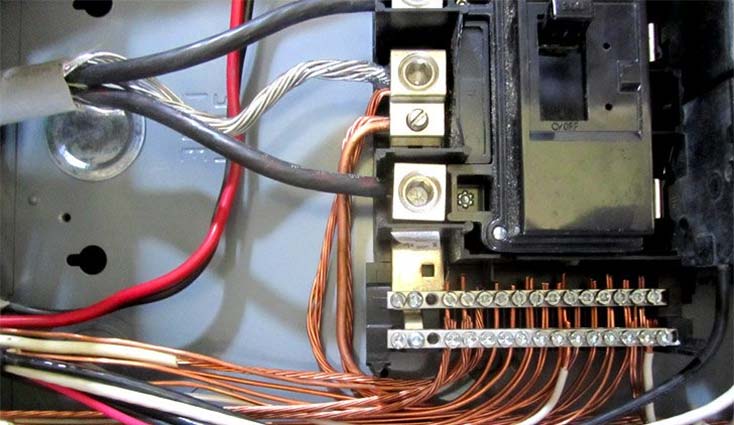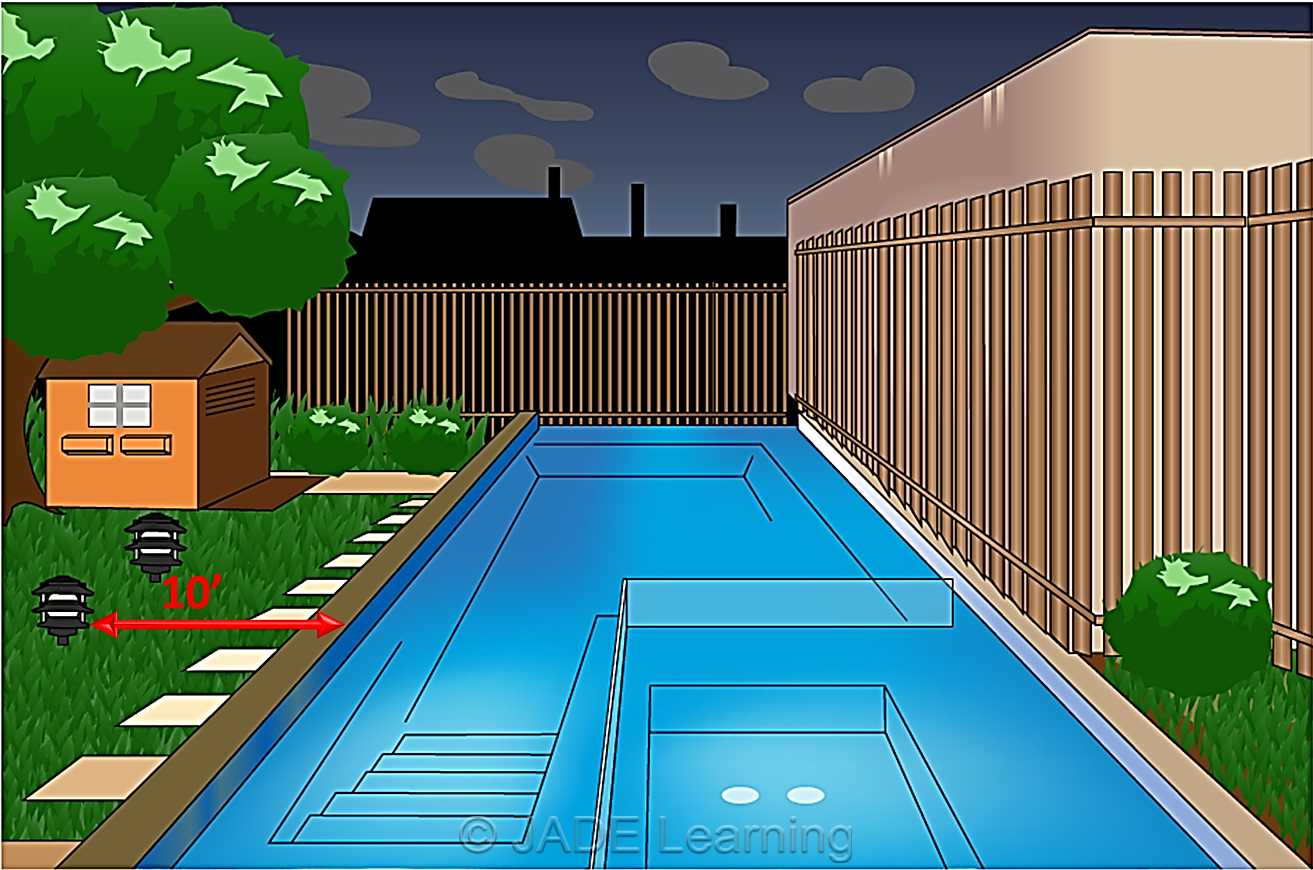Grounding and Bonding

Preparing for Summer: 2017 NEC Checklist for Installing a Safe, Effectively-Bonded Pool at a Dwelling
The average consumer does not understand the potential dangers related to electricity and pools, so they rely on you, the electrical professional, to do it right. There have been 98 verifiable water deaths from electricity since 1986, but that is likely just the tip of a very large iceberg. A small amount of current can cause muscular paralysis and drowning.
We have put together a basic checklist for electrical safety-related to pools. This list is not exhaustive. We will focus our attention on three important areas: grounding and equipotential bonding, GFCI protection, and corrosive environments.
Read ArticleMost Recent
-
Read Article
Grounding Electrodes – to be or not to be? 2017 NEC 250.52(B)(3)
Prior to 2017, only two items were prohibited for use as grounding electrodes, underground gas piping and aluminum. For 2017, another item has been added to the list of prohibited items. For the 2017 NEC Code cycle, the structures as well as steel reinforcement materials that pertain to swimming pools have been added to the list found in 250.52(B)(3) of components that are prohibited from being used as grounding electrodes for an electrical system.
-
Read Article
Why #6 Grounding Electrode Conductor?
Why are you permitted to go no larger than #6 cu for the GEC attached to a driven rod or driven pipe that is being used as a grounding electrode, but you have to use Table 250.66, and all of the proposed size increases in it when using a metal water piping system in the earth, as my grounding electrode conductor?
-
Read Article
Grounding Versus Bonding: Part 2
Let’s take a look at what is happening on the other end of that equipment grounding conductor, and what it is that enables this conductor to effectively carry current at such a rate that it will instantaneously trip a circuit-breaker or fuse, in the event of a ground-fault. It is normal to assume that a conductor will carry current, but in the matter of fault-current it is important to know why an equipment grounding conductor is able to do its job.
-
Read Article
Grounding Versus Bonding: Part 1 Q&A
Reader question about “Grounding VS Bonding Part 1” article

